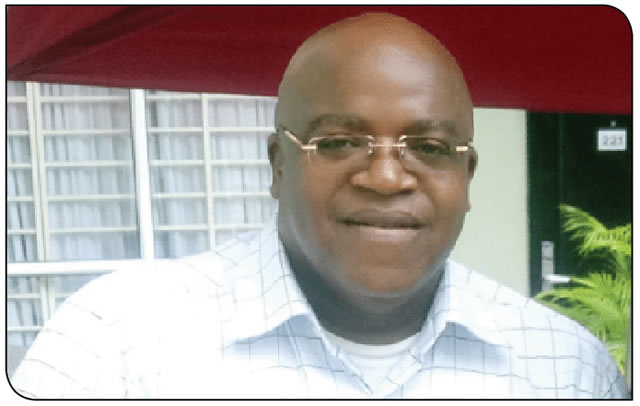Dr. Alex Nwuba, the President of the Aircraft Owners and Pilots Association of Nigeria, has raised an urgent alarm regarding the imminent pilot shortage that the aviation sector in Nigeria is facing. His concerns center around the substantial number of pilots expected to retire in the next two years, coupled with a lack of qualified replacements to fill these positions. Nwuba emphasized that without immediate action from both government and the airline operators, the aviation industry could face dire consequences. He advocates for the establishment of a regulatory framework that would foster a robust commercial aviation environment in Nigeria capable of sustaining and attracting talent.
Nwuba detailed the challenges inherent within the aviation industry, noting that becoming a pilot, air traffic controller, or maintenance technician requires extensive training and certification, which can be daunting due to the time and financial commitments involved. He pointed out that in Nigeria, the situation is exacerbated by stiff competition from other industries that often offer better salaries, benefits, and work-life balance. Furthermore, potential aviation workers are discouraged by perceived instability within the sector, such as the effects of previous massive layoffs and flight cancellations, leading them to pursue careers in sectors deemed more attractive and stable.
At a seminar focusing on the pilot shortage, Chris Najomo, acting Director-General of the Nigeria Civil Aviation Authority, echoed Nwuba’s concerns, indicating that the shortage of pilots extends beyond Nigeria and is a global issue with around 65,000 pilots expected to retire worldwide in the near future. To address the financial burden associated with pilot training, Najomo urged prospective pilots to approach state governments for financial assistance, especially given the economic downturn causing increased training costs. This indicates an acknowledgment that in order to sustain the aviation workforce, especially in a country with various economic challenges, financial support is crucial.
In discussing possible solutions to the looming pilot crisis, Dr. Nwuba emphasized the need for collaboration among airlines, government bodies, and educational institutions. He proposed the development of training programs that target younger individuals to pique their interest in pursuing aviation careers. Moreover, Nwuba stressed the importance of improving work-life balance and benefits to make aviation careers more appealing. This comprehensive approach aims not only to attract new talent but also to ensure that qualified pilots who are currently struggling to find job opportunities can obtain the necessary operational experience required for career advancement.
Industry expert Capt. John Okpaku corroborated the urgent need for intervention, specifically highlighting the substantial costs associated with pilot training, which he estimates to be around $80,000. Drawing a contrast with the lower training costs of the 1980s, he underscored that such financial barriers deter many young Nigerians from pursuing aviation careers. Okpaku suggested that state governments should consider sponsoring individuals or providing loans to aspiring pilots, as this approach could potentially bridge the financial gap and facilitate entry into the profession. He pointed out the impressive salaries earned by pilots abroad as an incentive for prospective candidates and the need for more accessible pathways into the industry.
Ultimately, both Nwuba and Okpaku highlight a pressing need for systemic changes within Nigeria’s aviation sector to counteract the potential pilot shortage. They call for strategic partnerships among stakeholders to develop sustainable training frameworks and policies that make aviation careers not only accessible but also desirable. Furthermore, they stress addressing the underlying concerns regarding job stability and competitive compensation. Without these shifts, the realities of a widening talent gap in aviation could significantly hinder the growth and sustainability of the sector amidst global challenges. The future of Nigeria’s aviation industry hangs in the balance, contingent upon proactive measures that foster an environment of growth, opportunity, and resilience.














